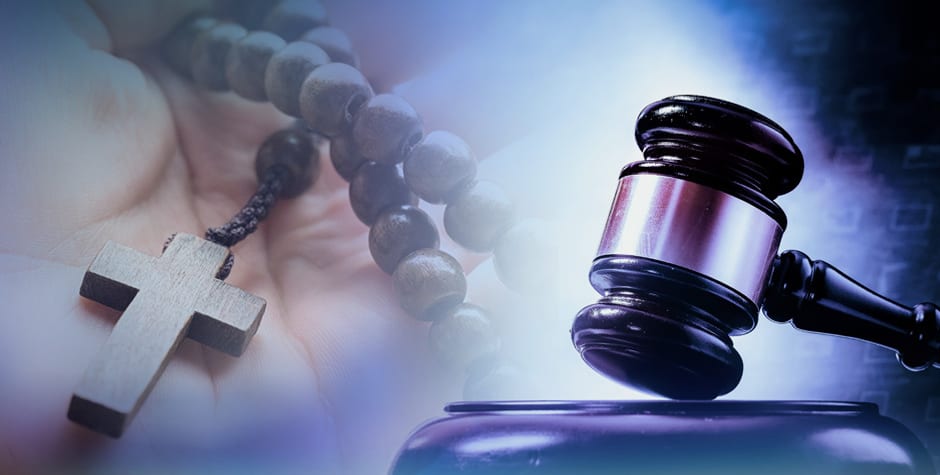ACLJ Files Amicus Brief in Support of Christian Charities at the Wisconsin Supreme Court To Defend Religious Liberty
Listen tothis article
As explained in more detail here, last June, the U.S. Supreme Court overturned the Wisconsin Supreme Court’s decision in Catholic Charities Bureau v. Wisconsin Labor & Industry Review Comm’n. The case, in which the ACLJ filed an amicus brief, centered on a state unemployment-tax exemption for entities “operated primarily for religious purposes.”
The Supreme Court unanimously reversed the state court’s decision that Catholic Charities Bureau (“CCB”) failed to qualify for this exemption because it didn’t proselytize, and it provided charitable services to people of all faiths, not exclusively Catholics. The Court held that “[w]hen the government distinguishes among religions based on theological differences in their provision of services, it imposes a denominational preference that must satisfy the highest level of judicial scrutiny.”
After the U.S. Supreme Court sent the case back to the Wisconsin Supreme Court, Wisconsin Attorney General Josh Kaul decided to play games. Instead of granting CCB an exemption under the statute’s religious exemption, the state asked the Wisconsin Supreme Court to get rid of the religious exemption entirely. In other words, not only would Catholic Charities fail to get an exemption, but all religious organizations would fail to get one.
This week, the ACLJ filed an amicus brief with the Wisconsin Supreme Court in support of CCB.
As we argue in the brief, the problem the U.S. Supreme Court identified in its decision wasn’t that Wisconsin’s statutory religious exemption exists; it was how it was applied in this case by the Wisconsin Supreme Court – specifically, in a manner that burdened CCB’s free exercise of religion. The cure for a misapplication is to correct the application. Pulling the plug on the religious exemption altogether would repeat a constitutional error the Supreme Court already condemned in another case in which the ACLJ filed an amicus brief: Espinoza v. Montana.
In that case, a state court tried to “solve” a Free Exercise issue by “leveling down”– eliminating a benefit for everyone rather than including religious participants on equal terms. The U.S. Supreme Court said no. You don’t fix discrimination by abolishing the program that exposed it. You fix discrimination by ending the unequal treatment. That principle fits hand-in-glove here. If the Wisconsin Supreme Court were to strike the legislature’s religious exemption to “avoid” treating CCB equally, the result would be Espinoza all over again.
There’s also a basic separation-of-powers point. The legislature – not the judiciary – writes public policy. However, Wisconsin lawmakers weighed the balance of social services, religious liberty, and administrative workability when they enacted this exemption. If the policy should change, that debate belongs in the Wisconsin legislature, not the Wisconsin Supreme Court. Courts enforce the Constitution by ensuring neutrality and equal treatment, not by rewriting statutes from the bench.
The practical stakes are real. CCB and similar ministries serve the poor and disadvantaged as part of their religious mission. These organizations should not be forced to choose between their faith identity and participation in the social safety net. Equal access to generally available legal benefits is part of what keeps the public square truly open to all.
Some may argue that removing the exemption simplifies the law. In truth, it only negates the Constitution’s protection of religious freedom. It punishes some religious organizations for asking to be treated like other religious organizations, and it invites a quick trip back to Washington, D.C., where the Supreme Court has already made clear that “leveling down” in a case like this is not a lawful remedy for a Free Exercise violation.
So the path forward is both narrow and clear. Keep the statute; fix the violation. Apply Wisconsin’s religious exemption neutrally and grant it to CCB. That remedy respects the legislature’s role, conforms to Espinoza, and – most importantly – vindicates the constitutional guarantee that all religious organizations are full participants in public life.
Take action with us and ensure religious liberty remains protected. Add your name to the petition: Defeat the Left’s War Against Christians.
